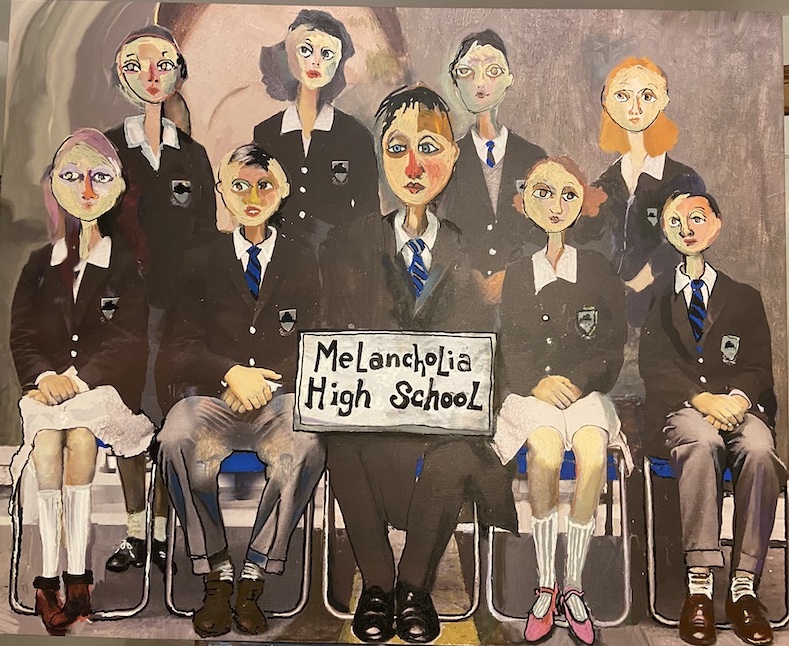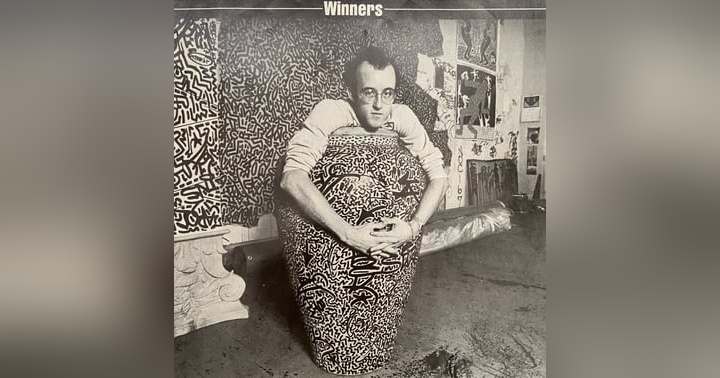Donate a kidney when you die - John Oliver tells why

Without dialysis, Cindy Ruskin wouldn't be here. She wouldn't have lived to survive all the challenges we describe in two episodes of our podcast. She wouldn't be in her studio at this very moment, making beautiful art -- like her new series that puts a special twist on school pictures...
And guess what? There's something very important you can do to ensure that more people with kidney failure can heal and thrive and use their talents. You can sign up right now to donate your kidneys when you die. It's so quick and so easy. Sign up here.
Just for the record... even though dialysis kept Cindy alive, it was an extremely challenging ordeal, three times a week hooked to a machine for four hours as it took all the blood out of her body, cleaned it, and put it back in again. Cindy was on dialysis for five years between her first and second kidney transplants. The mortality rate for people who endure dialysis for that long is more than 60%.
One lucky detail: Cindy got dialysis at excellent hospitals and never at a for-profit dialysis center. In 2017, John Oliver's HBO show "Last Week Tonight" did a horrifying -- but also surprisingly entertaining -- expose of the DaVita, one the the main companies that runs for-profit dialysis units. DaVita's CEO bragged that his branches were run like Taco Bells, with efficiency as the main concern.
Over the years, DaVita settled nearly a billion dollars in suits against them, mostly for practices that put making money ahead of patients' health. According to Oliver's report, the DaVita units -- which had a low percentage of trained doctors and nurses on site -- sometimes cut short dialysis treatments when they got behind schedule, leaving patients to return home without fully cleaning the toxins from their blood. Plus, some of the DaVita clinics seemed to encourage patients to consider staying on dialysis instead of signing up for a transplant, which extended the time that DaVita earned income from patients while also increasing the mortality rate of those patients.
As Oliver points out, it's clear that for-profit dialysis units need more oversight. But it's not clear how to do that. In the meantime, there's something you can do to help. Not to be repetitive but... you can sign up to donate your kidneys when you die. This would increase the number of available kidneys, and decrease the number of people on dialysis. You can register here.
If you're ready for the full report (24 minutes long) on for-profit dialysis units, with a little more profanity and a lot more humor, take it from John Oliver...














